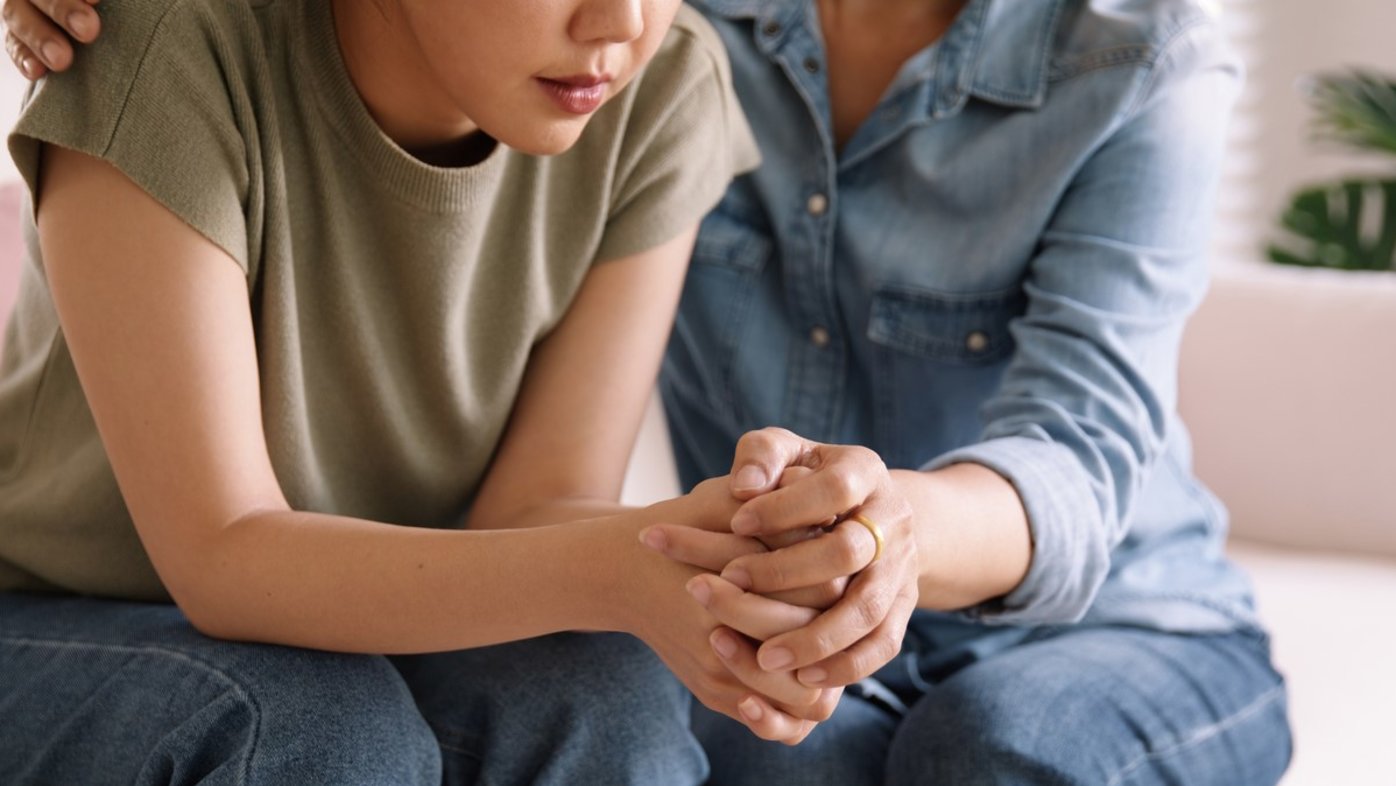
What is the difference between sadness and depression?
Feeling sad from time to time is normal. And while sadness eventually vanishes, depression is persistent.
Living with a mental health condition can feel overwhelming, hopeless and isolating. But if you are trying your best to deal with depression, anxiety, substance use or other mental health issues, it’s important to know that you don’t have to deal with it alone.
Most people may be familiar with one-on-one therapy with a therapist, psychologist or psychiatrist. However, there are other options, such as intensive outpatient programs, that can also provide help.
What is an IOP?
An intensive outpatient program (IOP), also known as intensive outpatient therapy, is a level of mental health care where clients receive treatment in a group therapy format. IOPs provide in-depth and thorough care on an outpatient basis. The programs are highly structured, often incorporating group therapy sessions, the teaching of coping skills and medication management.
Unlike individual therapy, people in intensive outpatient therapy tend to work closely with a multidisciplinary team, which may include licensed marriage and family therapists, licensed clinical social workers and psychologists. Together, they work with the client to create an individualized treatment plan.
Additionally, while individual therapy sessions are generally no more than once a week for one hour, people in an IOP can receive up to nine hours of treatment per week.
IOP vs. individual therapy
If you or a loved one are in need of mental health care, you may wonder whether individual therapy or intensive outpatient therapy is the right choice. IOPs may be ideal for people with debilitating mental health symptoms that are interfering with their daily life. An IOP may also be the next step for someone who was recently hospitalized due to a mental illness and is in need of more support after their discharge.
“Once the patient leaves the hospital, they can still receive in-depth care, if needed, on an outpatient basis,” says Lori Alford, a licensed clinical social worker with Sharp Grossmont Hospital for Behavioral Health. “This allows them to balance their mental health treatment with their at-home responsibilities or work.”
Since intensive outpatient programs are in a group therapy format, Alford notes that participants can benefit from the enhanced support they receive from peers who have had similar experiences. Everyone can learn from one another, she says.
“For an individual who has been quite isolated, feeling alone and thinking that others don't understand them or can't relate, an IOP may be a good fit,” Alford says.
Alford also recognizes that intensive outpatient therapy may not fit everyone’s needs, and individual therapy might be more appropriate.
“Individual therapy may be better for those who lack the time to attend an IOP,” she says. “Also, it may be more convenient for clients who are in need of a more exclusive approach focused solely on that particular client's needs and where the attention and time are solely on the individual client.”
However, people do not need to pick one or the other.
“Many clients benefit from both approaches and attend both intensive outpatient programs and individual therapy,” says Alford. “In many cases, the individual therapy and IOP treatment approaches augment and complement each other.”
Starting an intensive outpatient therapy program
The first step for people interested in receiving intensive outpatient therapy is a phone or in-person interview with a clinician. The interview allows the clinician to learn about the person's background, insurance options and reasons for seeking services.
“This is also an informative and beneficial time to help the individual decide if the program is a good fit and if it will meet their needs,” adds Alford. “The client will be able to ask questions, discuss concerns and review mental health goals.”
If an individual wishes to move forward with participation in an IOP, an admission date to enter the program is scheduled. They will then be able to start the therapy sessions immediately and will meet with an admitting psychiatrist within seven days.
“An IOP can offer a solid foundation to promote healing and wellness,” says Alford. “I encourage anyone who is interested in feeling better, reaching their goals, and getting on a fast track to learning a lot of coping skills to reach out to us. We will be happy to help.”
Learn more about the intensive outpatient programs and other mental health services offered at Sharp; get the latest health and wellness news, trends and patient stories from Sharp Health News; and subscribe to our weekly newsletter by clicking the "Sign up" link below.
Our weekly email brings you the latest health tips, recipes and stories.